
Peoples and Languages
Social Media
Leave comments, suggestions, keep an eye on news in our groups on VK, Odnoklassniki and Telegram channel
Peoples and Languages
Social Media
Leave comments, suggestions, keep an eye on news in our groups on VK, Odnoklassniki and Telegram channel
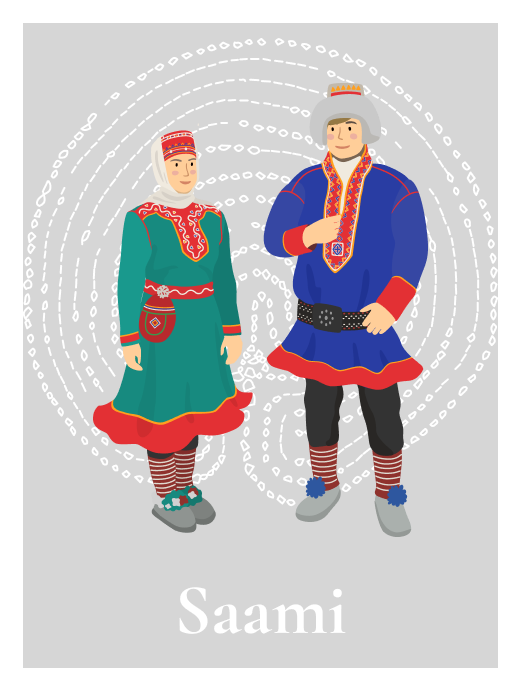
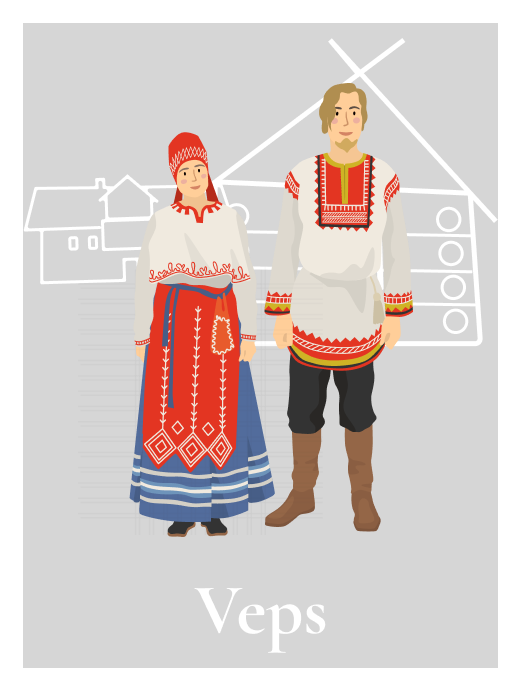
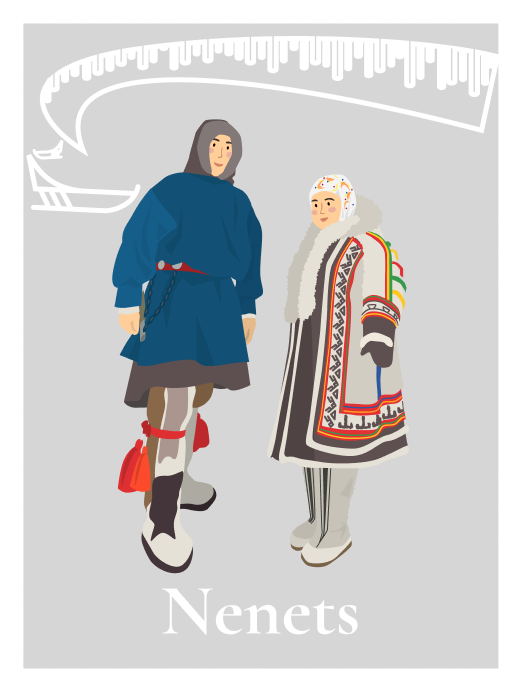
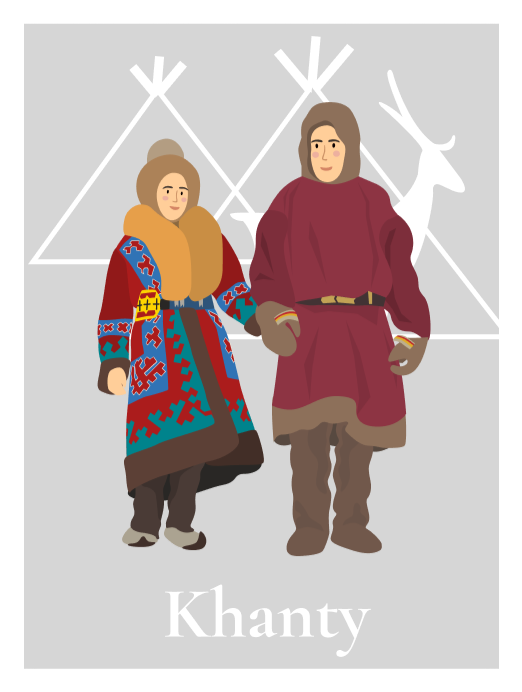
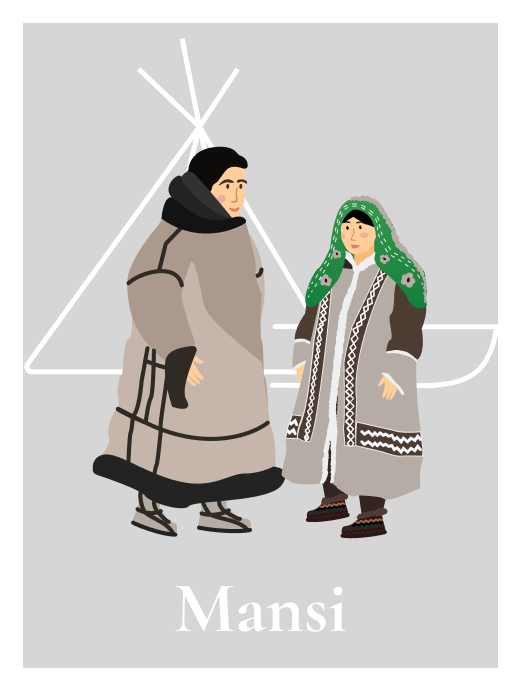
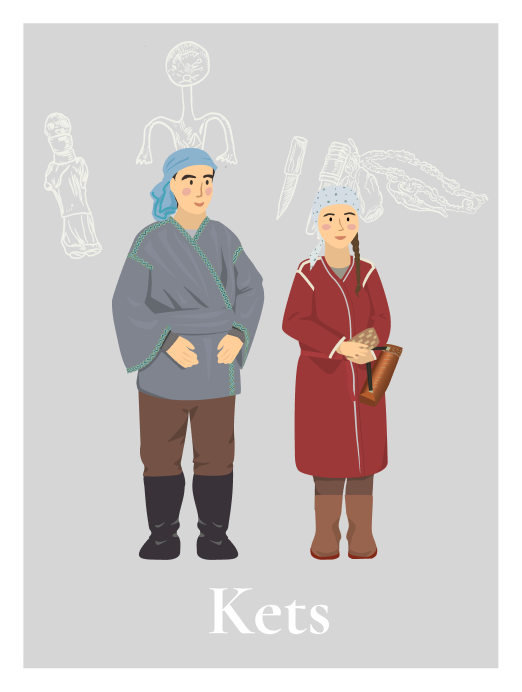
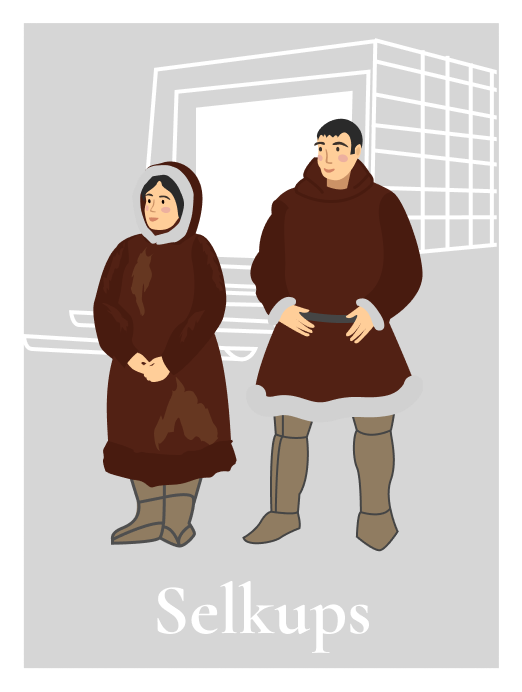
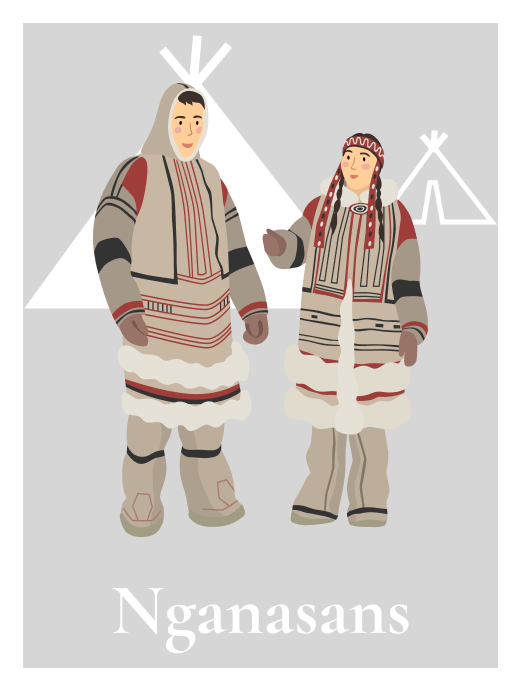
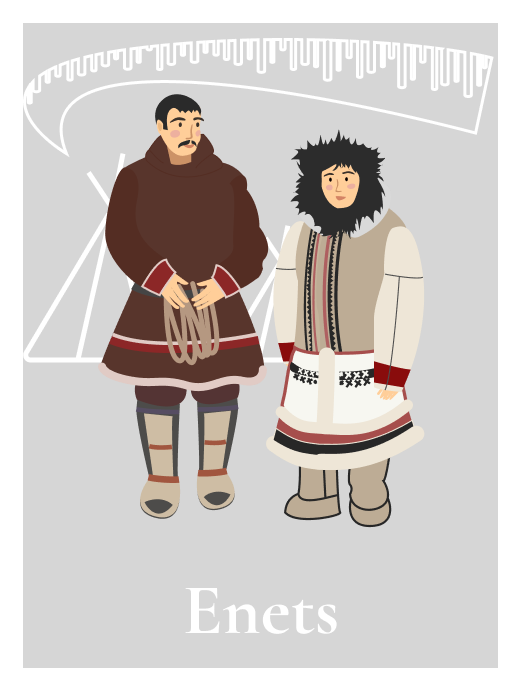
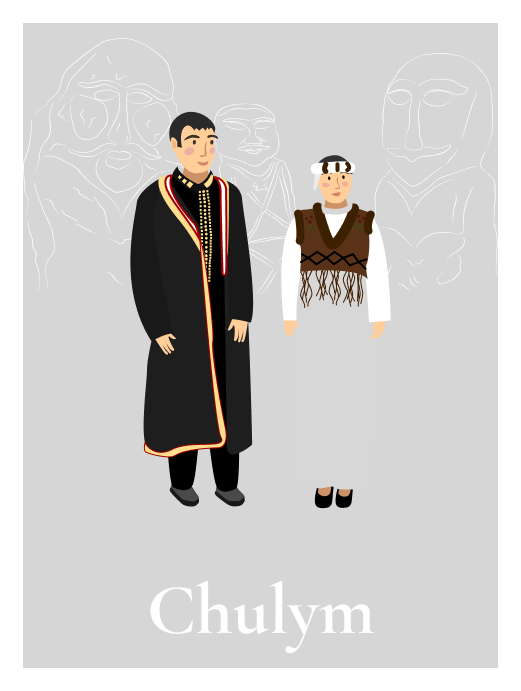
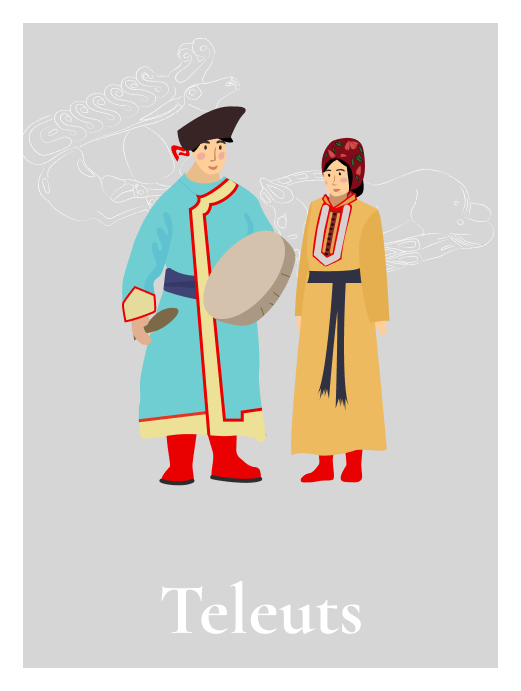
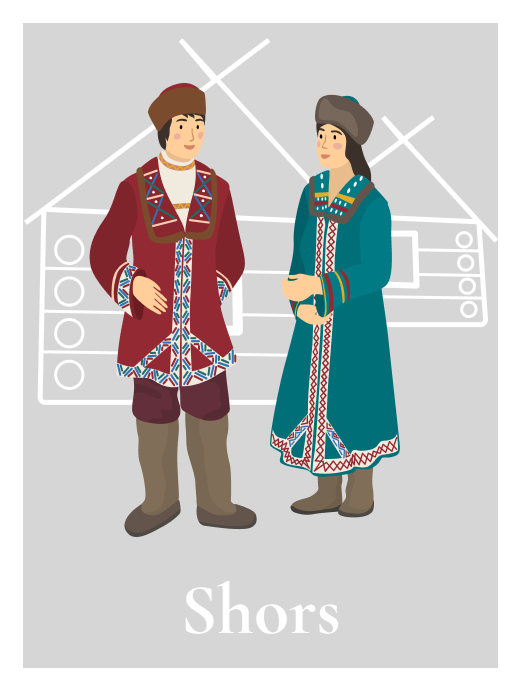
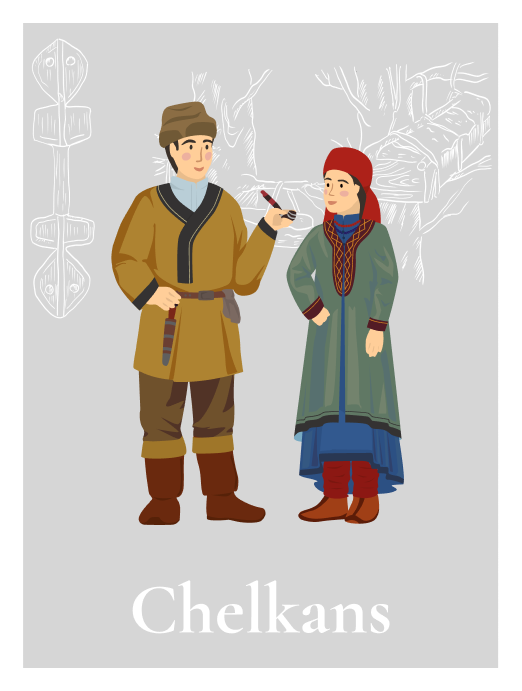
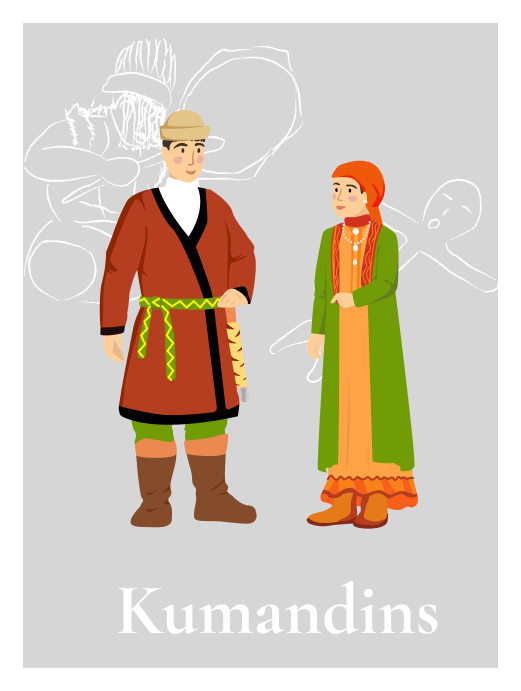
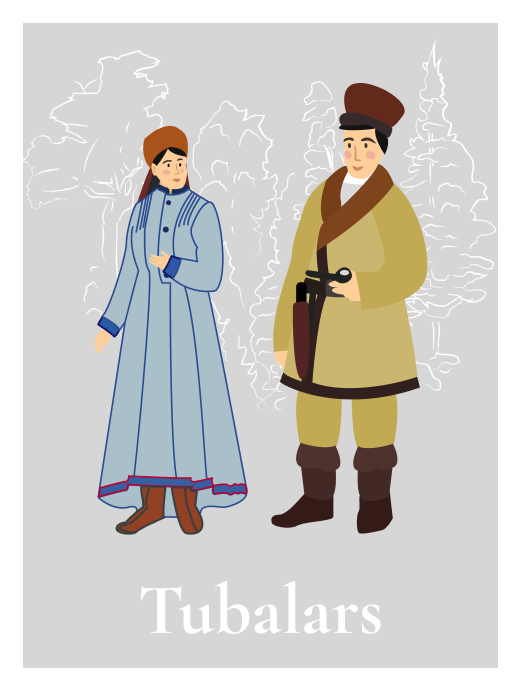
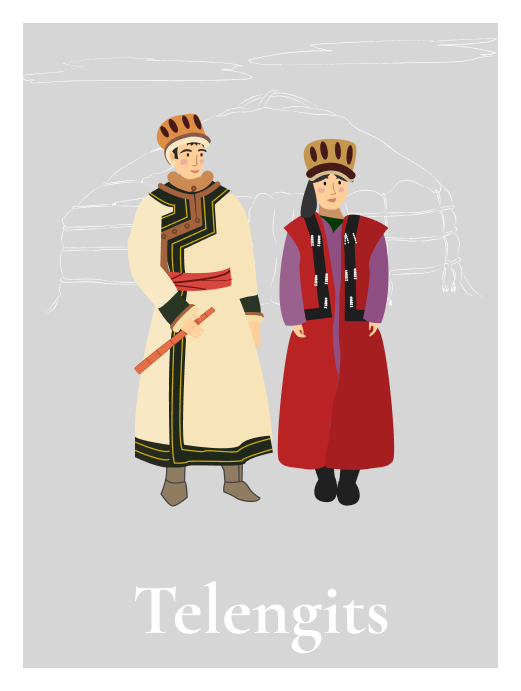
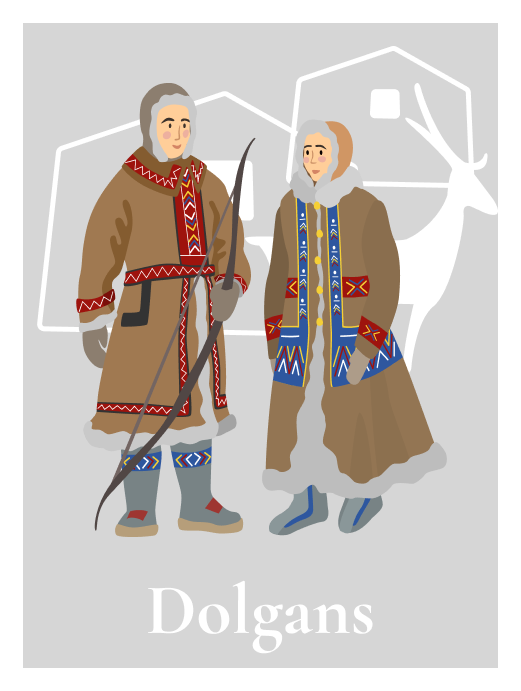
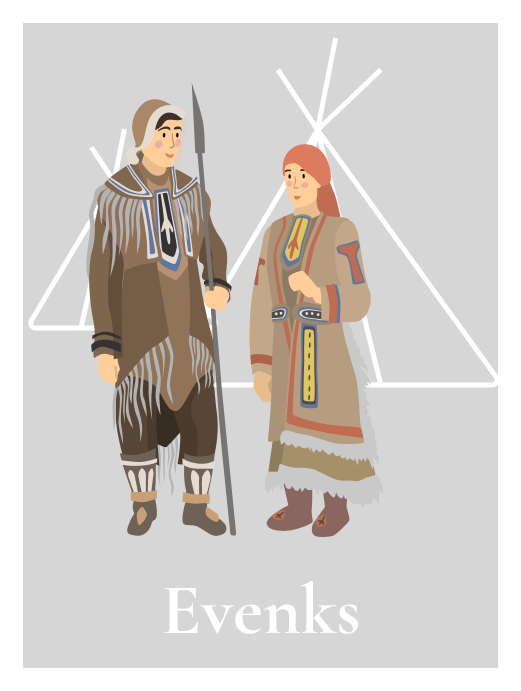
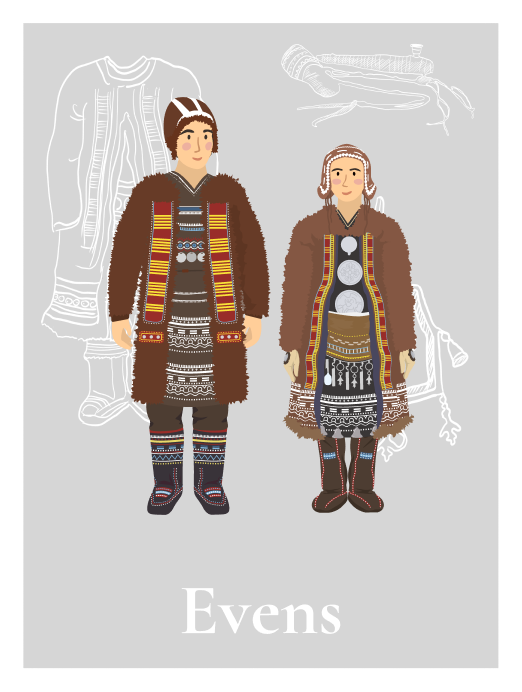
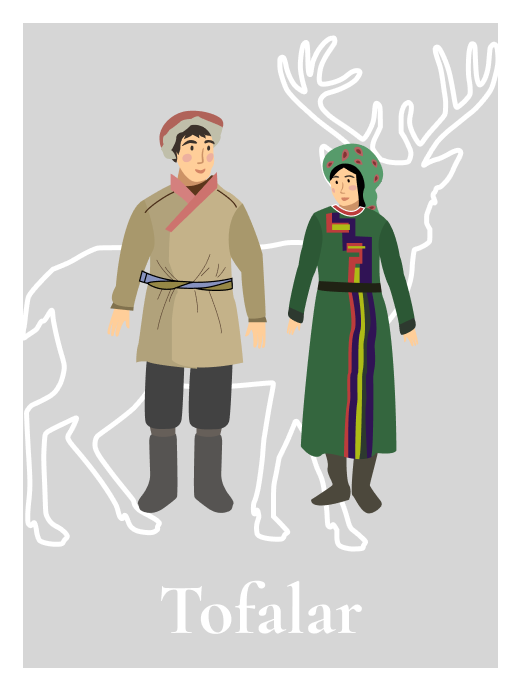
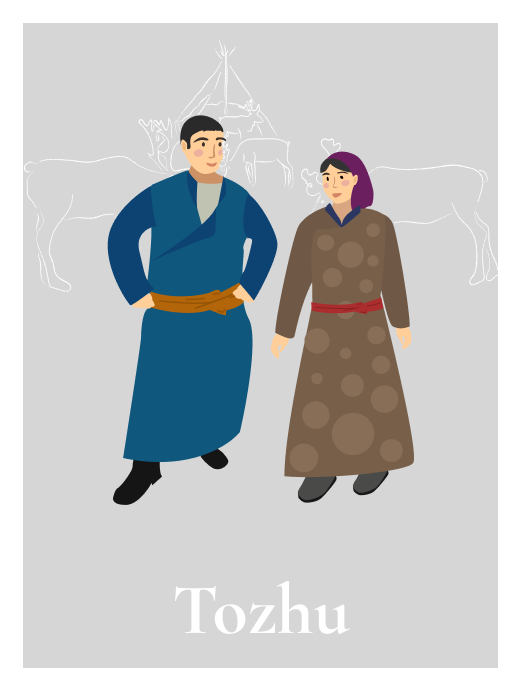
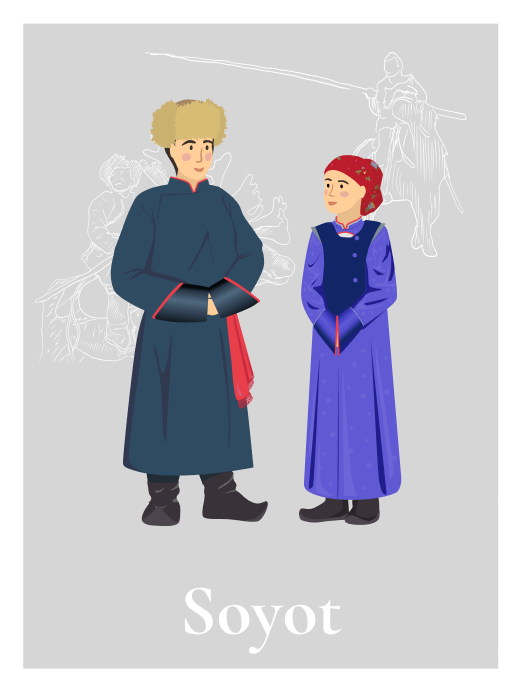
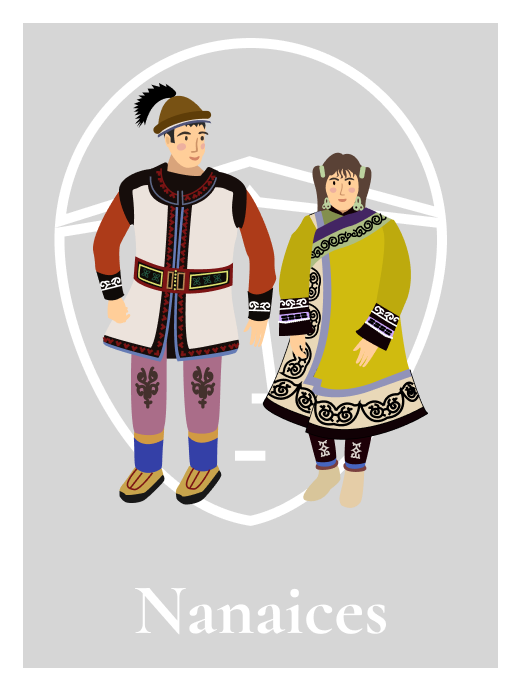
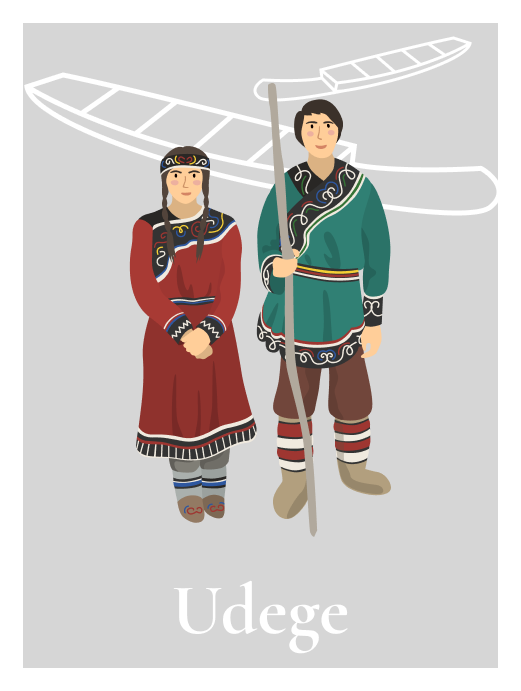
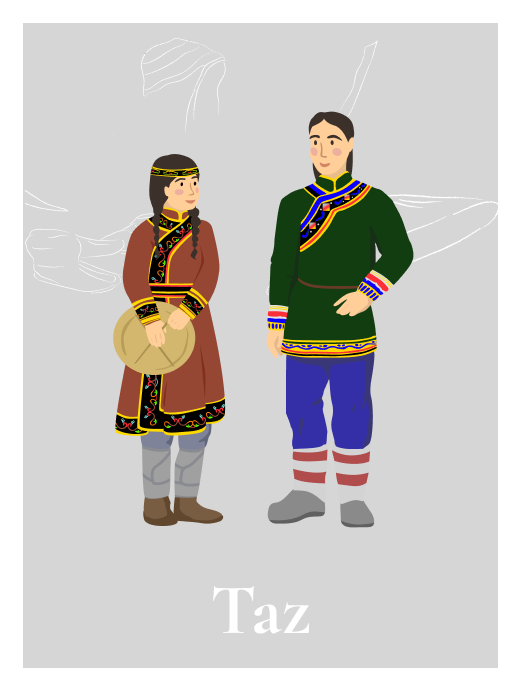
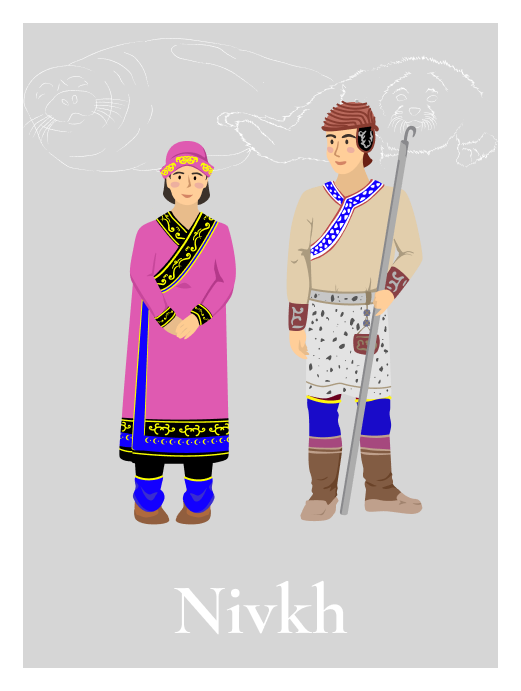
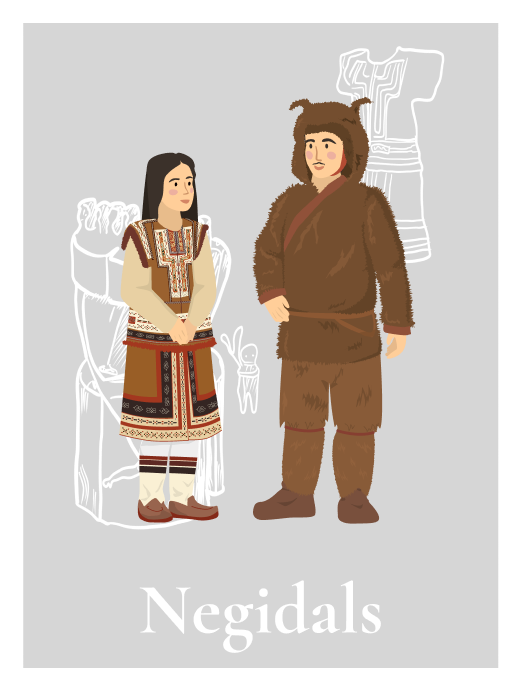
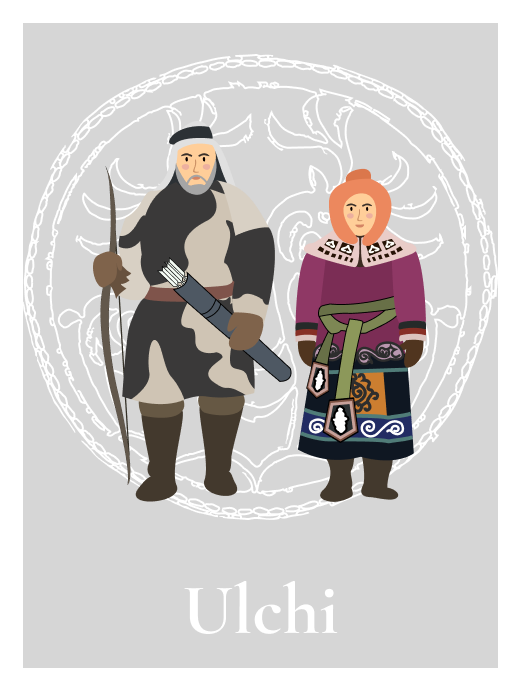
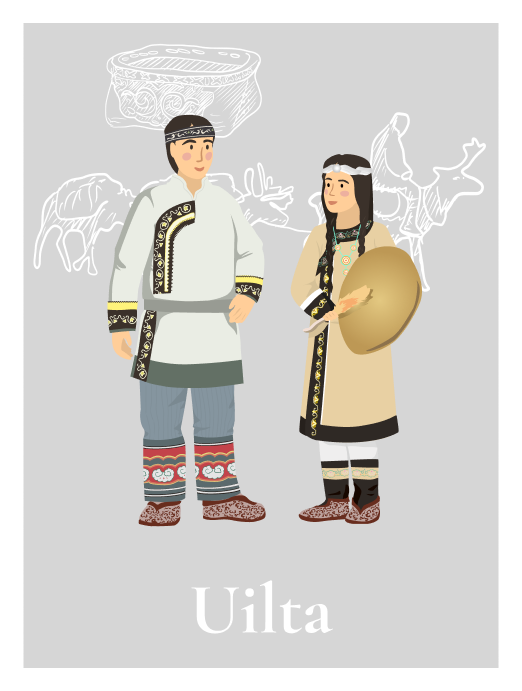
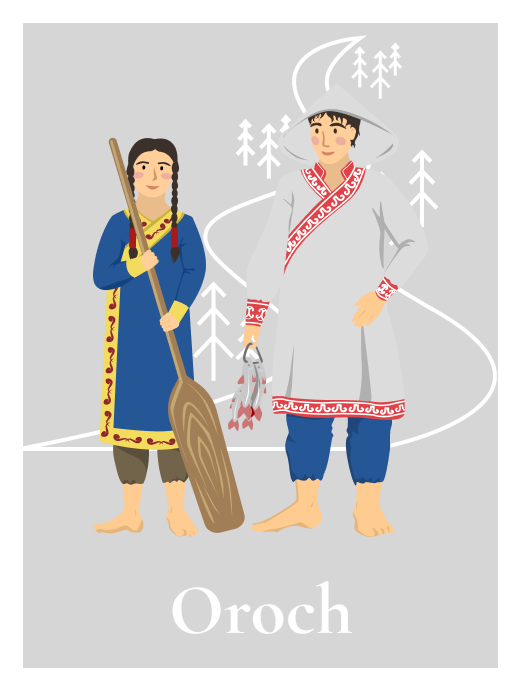
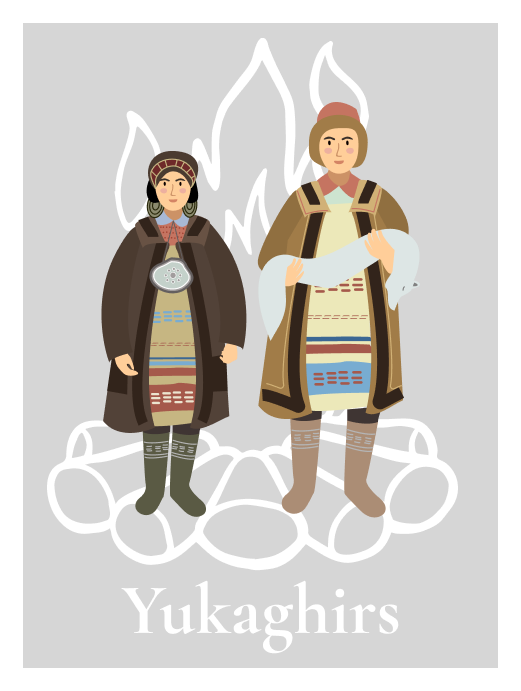
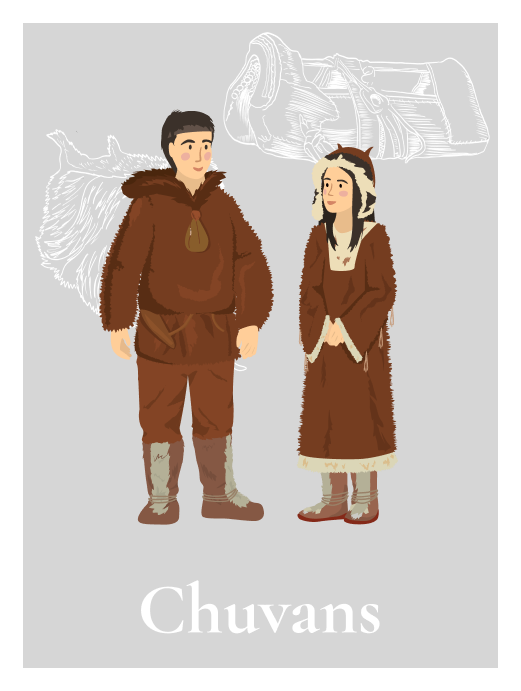
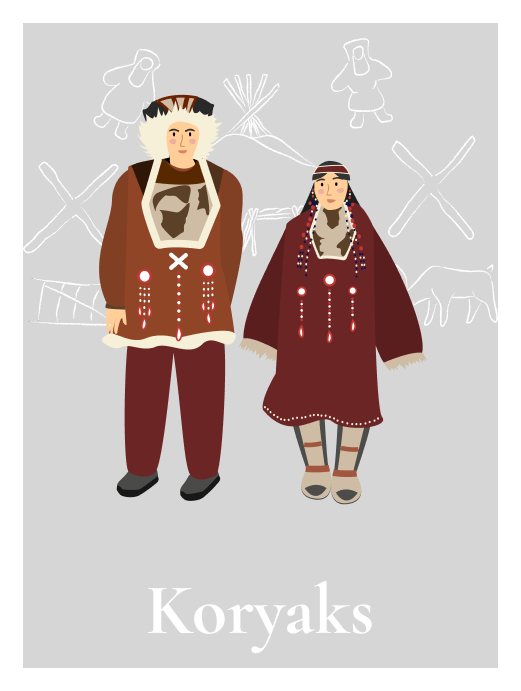
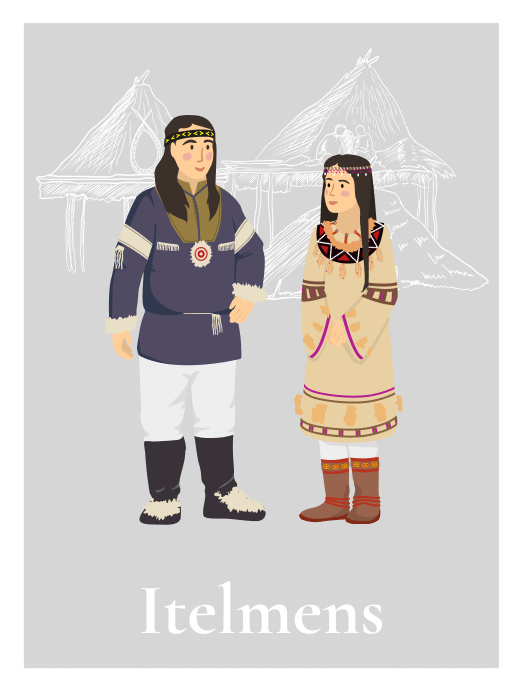
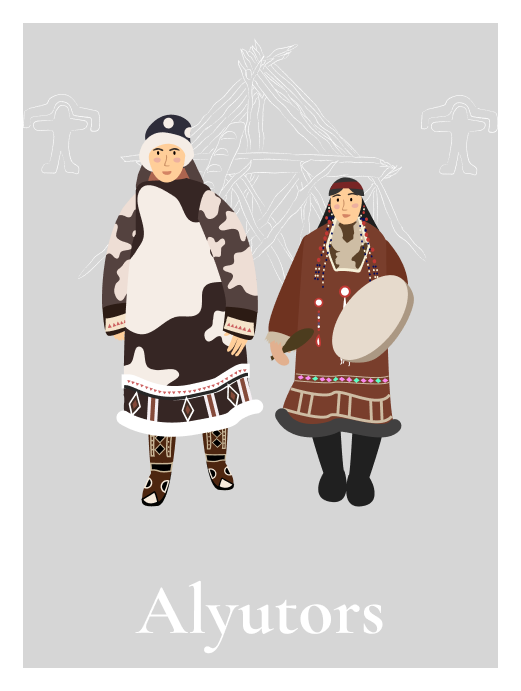
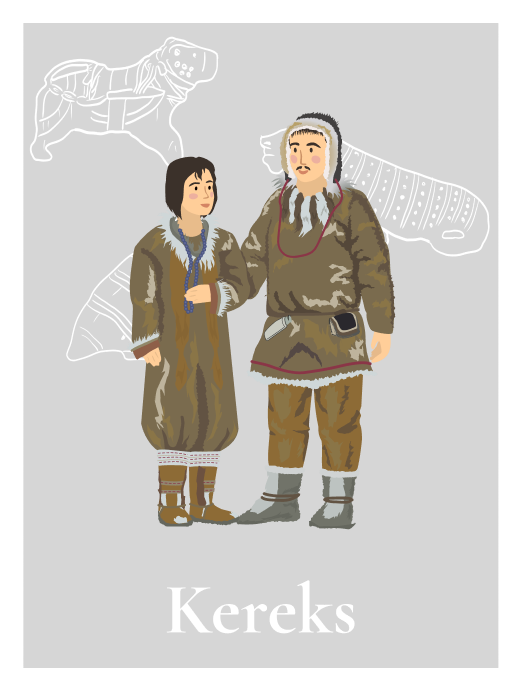
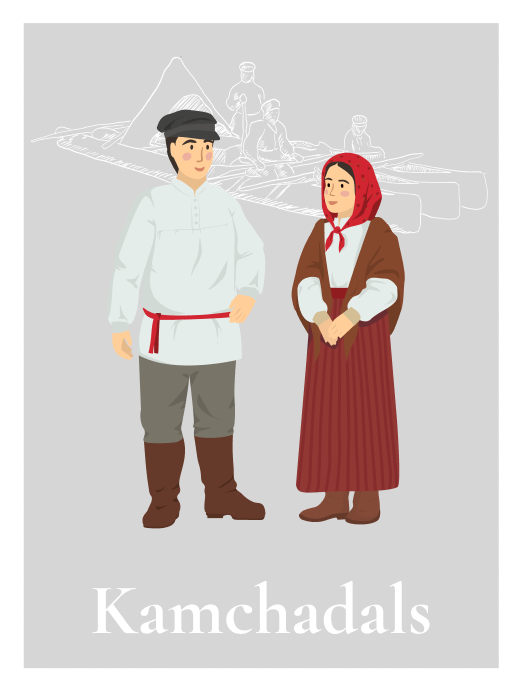
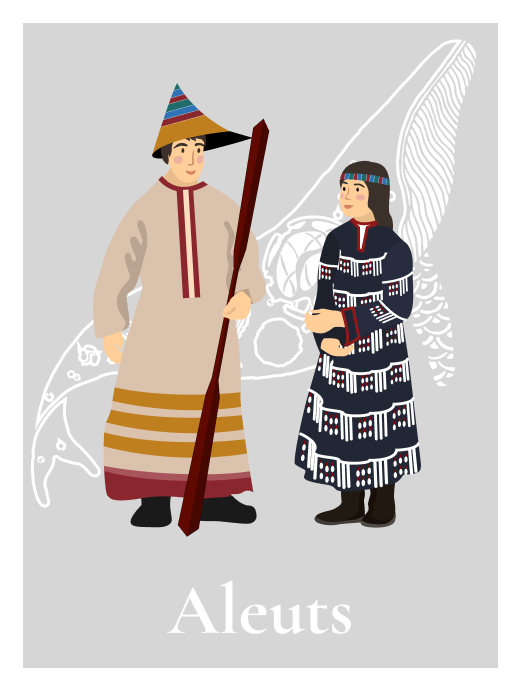
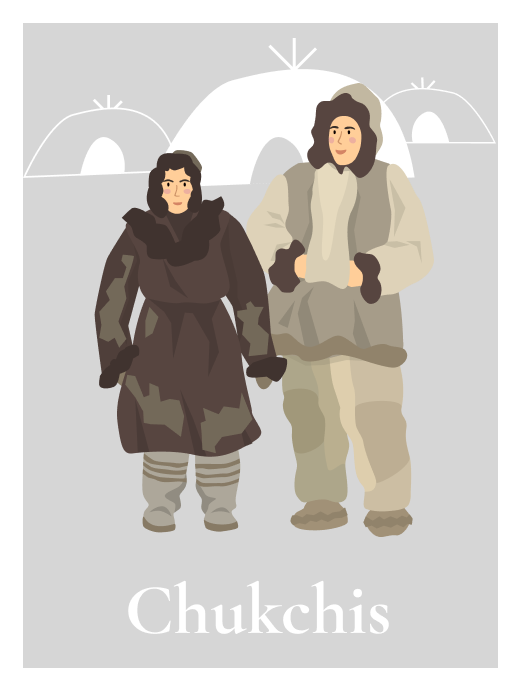
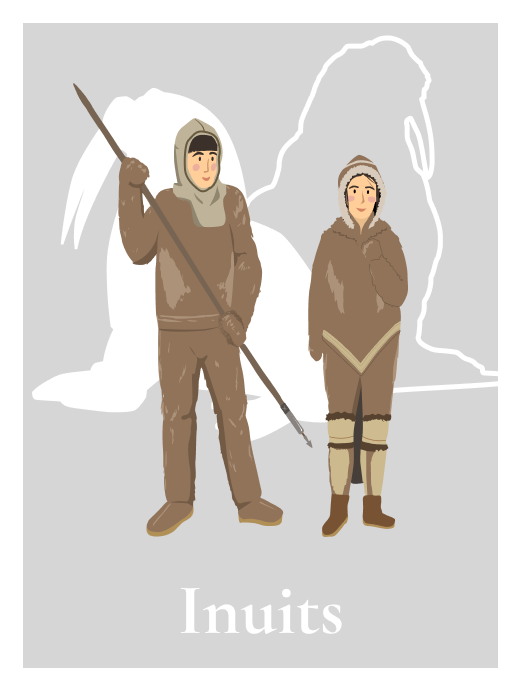
The official name is the Oroch language. It is also used by members of the ethnic groups in all fields. Previously, the linguonym the Oroqen (Orochen, Orochon) language was used. Until the 1920s, the Oroch language was believed to be the same as the Udege language (i.e. an Udege dialect). Since the 1920s, it is considered to be a separate language.
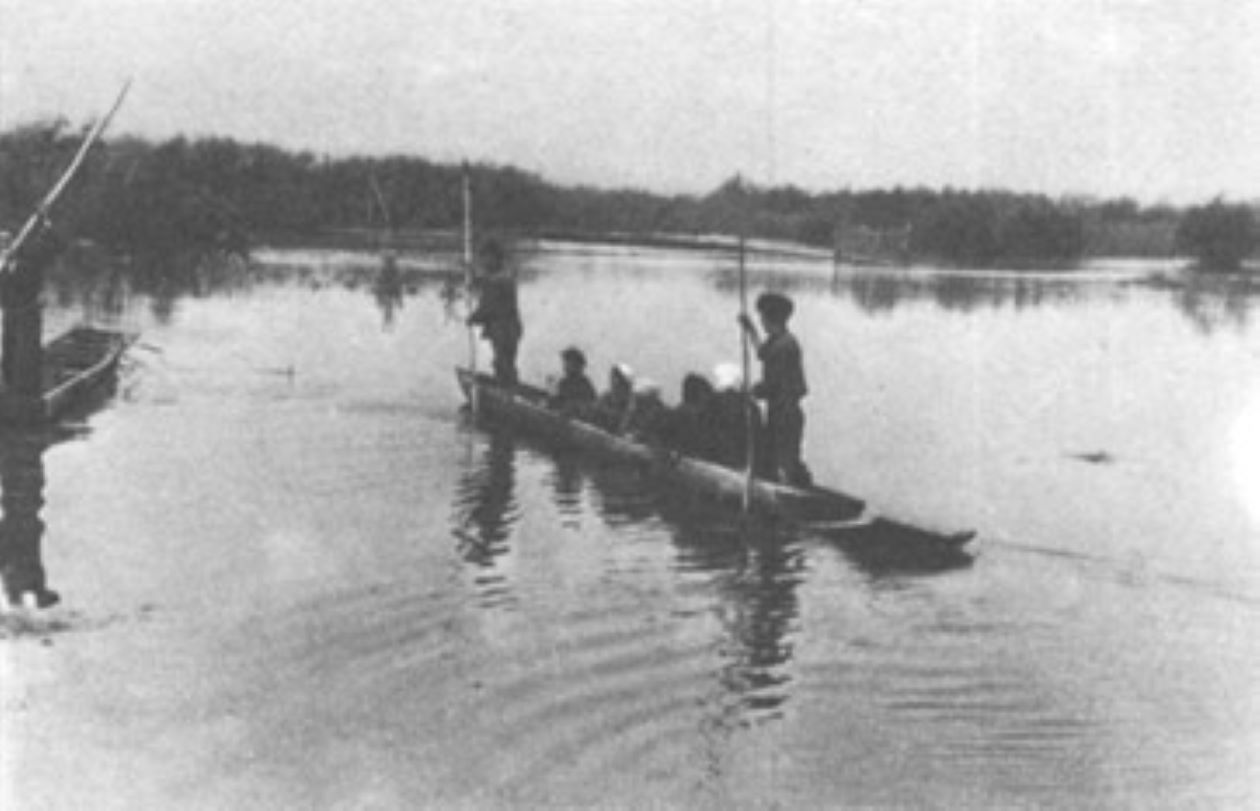
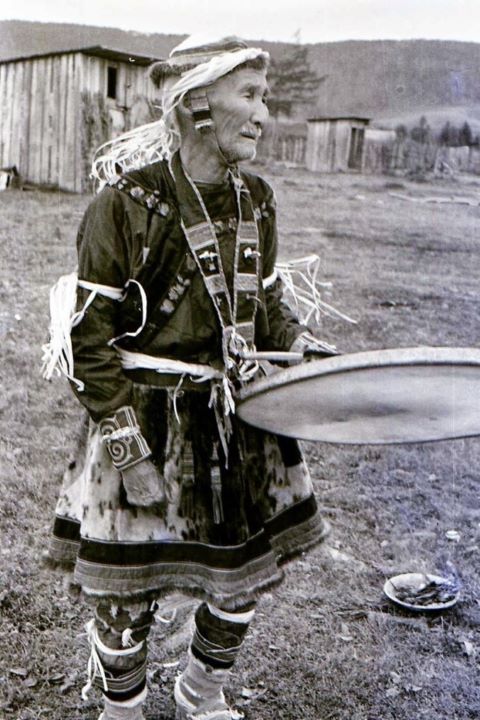
Until the 1920s, the Oroch and the Udege were officially called the Oroqen (Orochon/Orochen). Valentin A. Avrorin and Elena P. Lebedeva report that at that time, the Oroch themselves used the endonym “Nani,” “people of the land.” Currently, this endonym has been forgotten, and the Oroch use the official ethnonym the Oroch; in Oroch, end-stressed orochi (Sg.), orochisa (Pl.) The origins of this ethnonym are still debated in scholarship. The most widespread opinion claims that this term comes from the word “oro/olo” meaning reindeer. However, reindeer are not endemic to the Oroch’s areas of settlement, and the Oroch have never been reindeer herders. The explorer Jean François de Lapérouse was the first to use this term after visiting the De-Kastri Bay in 1787, he used it to refer to people living on the coast of the Tatar Strait. De Lapérouse may have used extended to the Oroch the ethnonym applied to people living further up north. Another opinion suggests that de Lapérouse may have encountered a group of the Ulchi whose dialect had the /l/ > /r/ rhotacism typical for some Tungus-Manchu languages. Finally, there is an opinion that this ethnonym is linked to the word “olo” meaning “here” and, consequently, “oroch” means “a local.”